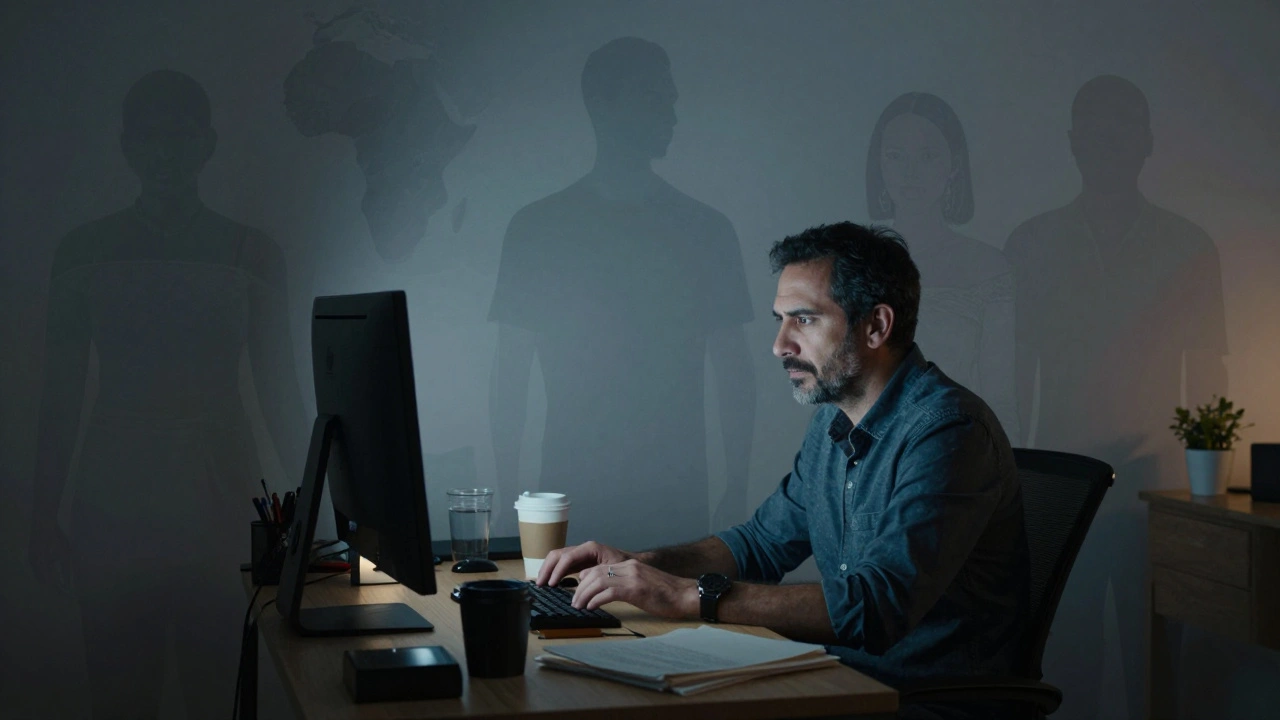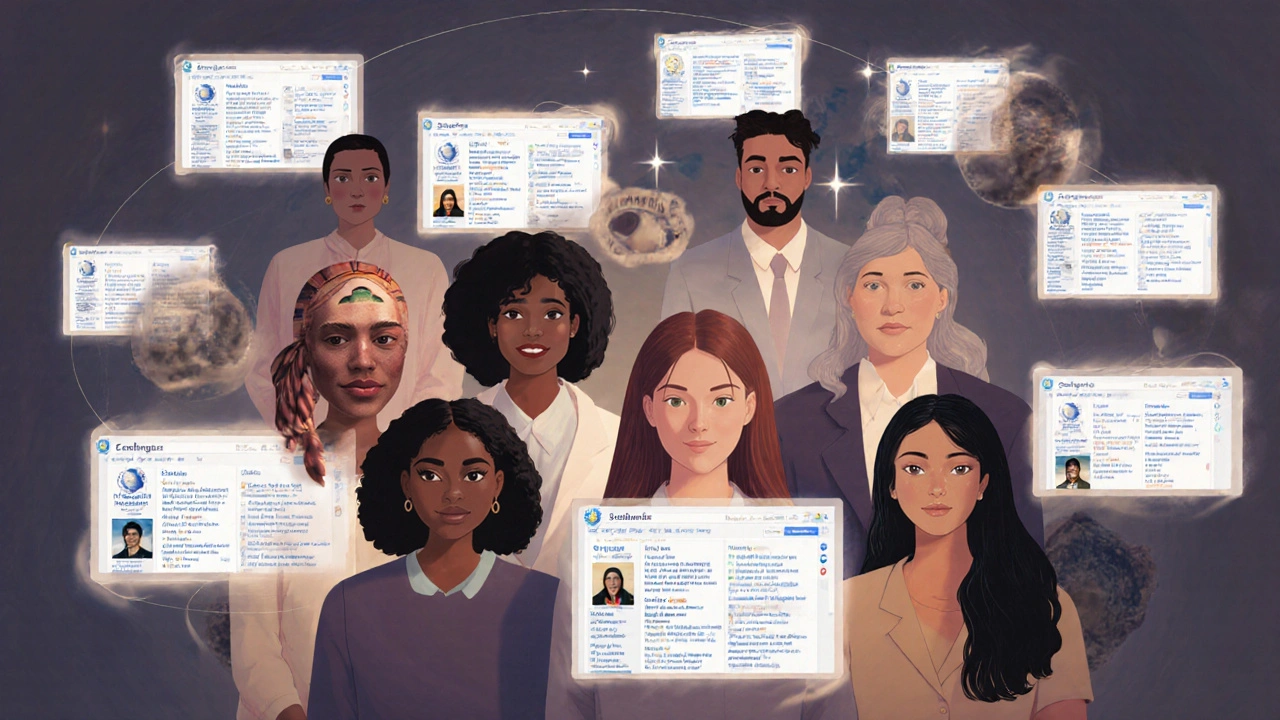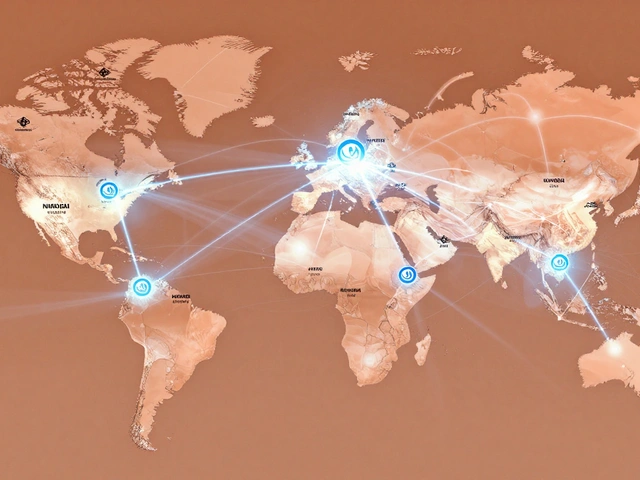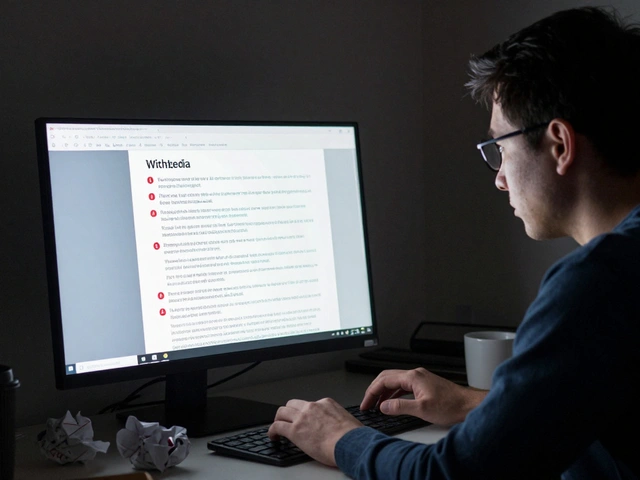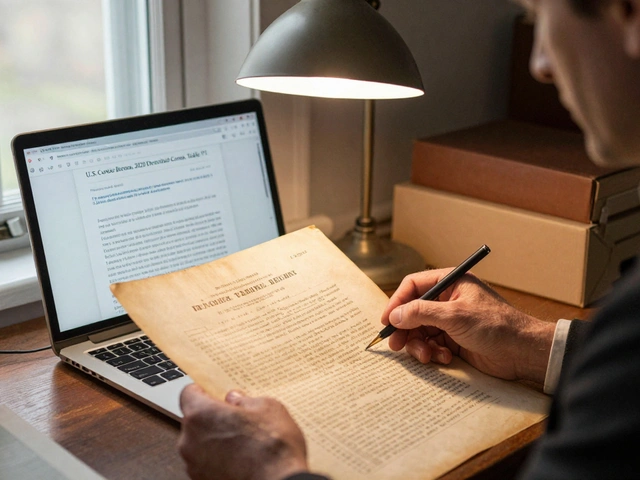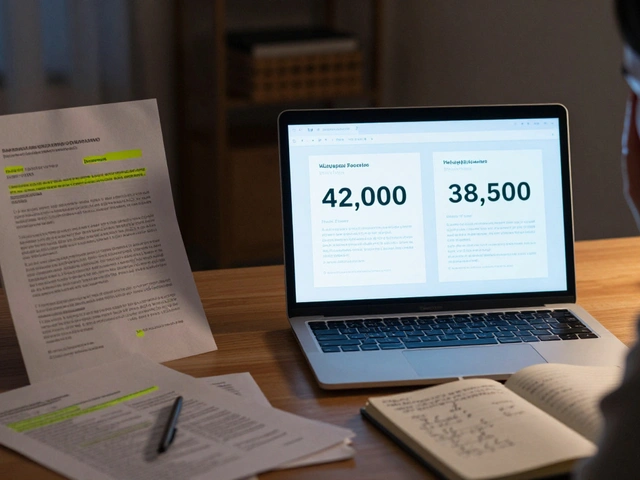Systemic Bias on Wikipedia: How Inequality Shapes Online Knowledge
When you search for information on Wikipedia, you’re not just getting facts—you’re getting a reflection of who has had the power to write them. Systemic bias, the uneven representation of people, cultures, and perspectives due to structural inequalities in who edits and what gets prioritized. Also known as structural bias, it shows up when entire communities—like Indigenous peoples, women in science, or Global South histories—are underrepresented or misrepresented, not because of malice, but because of who has been left out of the editing room for decades. This isn’t about a few bad edits. It’s about decades of unequal access to education, technology, and publishing power shaping what counts as "important" knowledge.
Wikipedia’s reliance on reliable secondary sources, published books, academic journals, and mainstream media that themselves often exclude marginalized voices means if a topic wasn’t covered in the New York Times or a university press, it’s unlikely to make it onto Wikipedia. The Wikimedia Foundation, the nonprofit that supports Wikipedia’s infrastructure and global editing community has started funding projects to fix this, like training editors from underrepresented regions and partnering with libraries to bring in new sources. But the real work happens in quiet corners of the site—where volunteers build annotated bibliographies, push for due weight in contentious articles, and fight copyright takedowns that erase vital cultural knowledge. It’s not glamorous. It’s not viral. But it’s what keeps Wikipedia from becoming just another echo chamber of dominant narratives.
Systemic bias isn’t just a problem for Wikipedia—it’s a mirror for the world. If AI tools start training on Wikipedia data without knowing these gaps, they’ll lock in the same blind spots. That’s why efforts to improve representation aren’t just about fairness—they’re about keeping knowledge accurate for everyone. Below, you’ll find real stories of how editors are challenging these patterns: from reclaiming Indigenous narratives to fixing how minority views are handled in articles. These aren’t theoretical debates. They’re daily battles over who gets to write history—and who gets left out.
Systemic Bias on Wikipedia: How Editor Demographics Shape What We See Online
Wikipedia's editor demographics skew heavily toward white, male, Western professionals, leading to systemic gaps in coverage of women, non-Western cultures, and marginalized communities. This bias shapes what the world sees as true.
Reducing Systemic Bias on Wikipedia Through Task Forces
Wikipedia task forces are volunteer groups working to fix systemic bias by adding missing voices, correcting harmful language, and expanding reliable sources. Their efforts are making the encyclopedia more accurate and inclusive.
